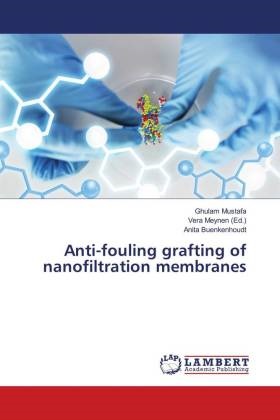Read more
Membranes have attracted a lot of attention in terms of research and development, because they are considered as a very promising and sustainable separation technology. Membrane technology offers several advantages over conventional separation techniques such as low energy consumption, no additive requirements, no phase change and better permeate quality etc.. Recently, application of membrane technology to molecular separation processes has stimulated interest and showed great potential in a number of different fields such as solvent filtration, water treatment, gas separation and catalyst recovery. Specifically for water treatment, membrane filtration is of high value as it is a physical method of separation, reducing the need for chemicals to provide clean water while operating at room temperature with low energy requirements and being able to handle large volumes in short times. One type of membrane process is nanofiltration (NF), indicating the nanopore size of the membrane. One of the main applications in last two decades has been in water treatment.
About the author
Dr. G. Mustafa has developed diverse spectrum of multidisciplinary research skills in materials development and membrane technology for water treatment. He completed his PhD (VITO Belgium), published one patent & considerable number of publications. He is serving as an assistant professor in HEJ, ICCBS, University of Karachi, Pakistan.

